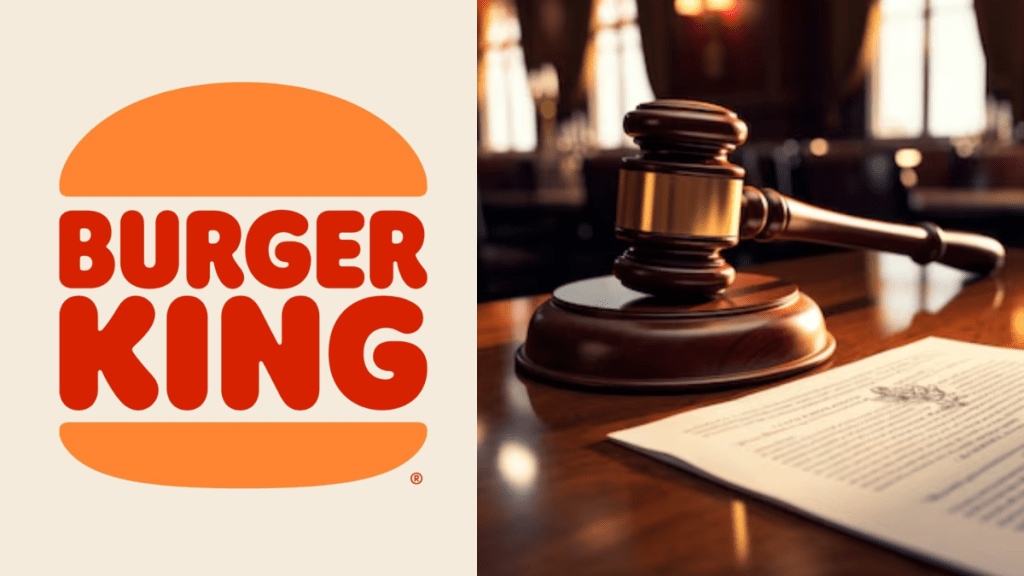The Delhi High Court has stepped in to protect fast-food giant Burger King from fraudsters running fake franchise websites under its name. The court granted a John Doe order, restraining unknown individuals from using misleading domain names and scamming people into paying for fake franchise opportunities.
What happened?
Burger King Corporation approached the court after discovering that multiple websites were illegally using its trademark to lure potential investors. These fake websites—such as bkfranchise.in, burgerkingfranchise.net, and burgerkingindia.co—claimed to offer official Burger King franchise opportunities in India.
The fraudsters collected money from unsuspecting individuals by posing as representatives of the company’s Asia-Pacific master franchisee. They issued forged documents, including:
Approval letters
Letters of intent
Invoices bearing Burger King’s name and logo
Many victims, believing these offers to be genuine, lost money in the process.
Court’s action
Justice Prathiba M. Singh of the Delhi High Court issued a temporary injunction, directing immediate action against these fraudulent websites. The key rulings include:
Domain Suspension: Web hosting companies like GoDaddy.com LLC and OVI Hosting Pvt. Ltd. must suspend these fake domain names.
Website Blocking: The Ministry of Communications and Ministry of Electronics & IT must instruct Internet Service Providers (ISPs) to block access to these scam websites.
Identification of Fraudsters: Bharti Airtel has been ordered to provide names, phone numbers, addresses, and KYC details of the individuals behind these scams.
Why this matters
This case highlights the growing problem of online brand misuse and cyber fraud, where scammers exploit well-known company names to deceive people. The court’s intervention serves as a warning to fraudsters and ensures that Burger King’s trademark and reputation remain protected.
Burger King has previously taken similar legal steps to combat cybersquatting—where people register deceptive domain names to exploit brand identity. With this ruling, the court has reaffirmed its stance against online fraud, protecting both brands and consumers from financial losses.
